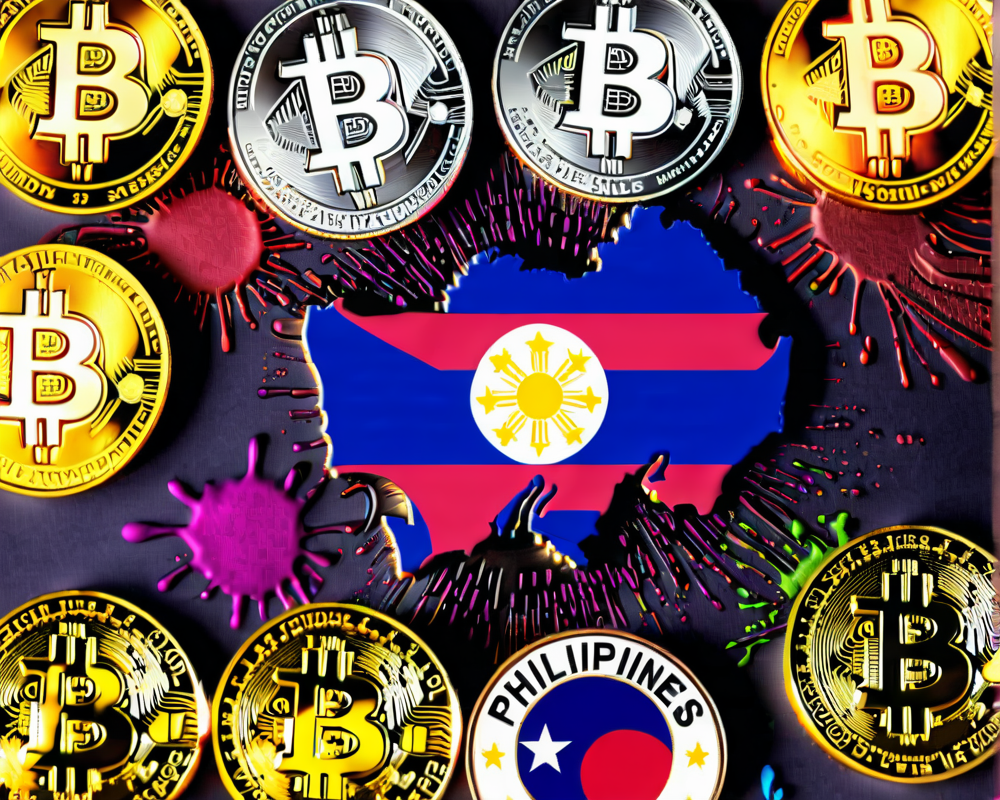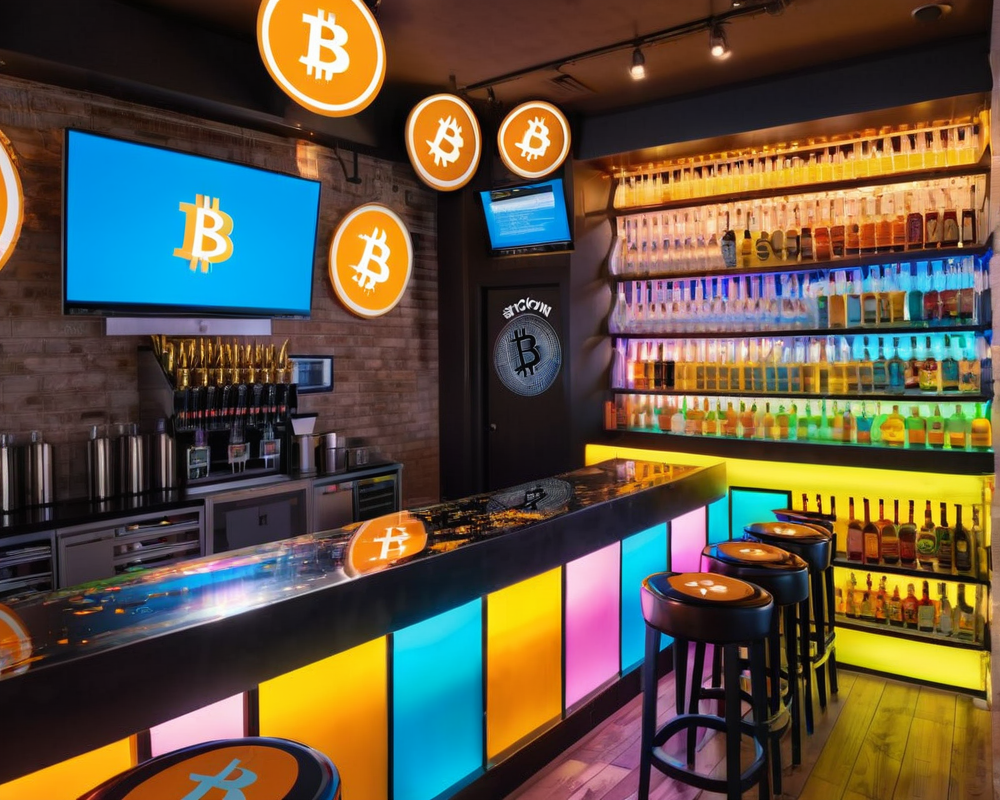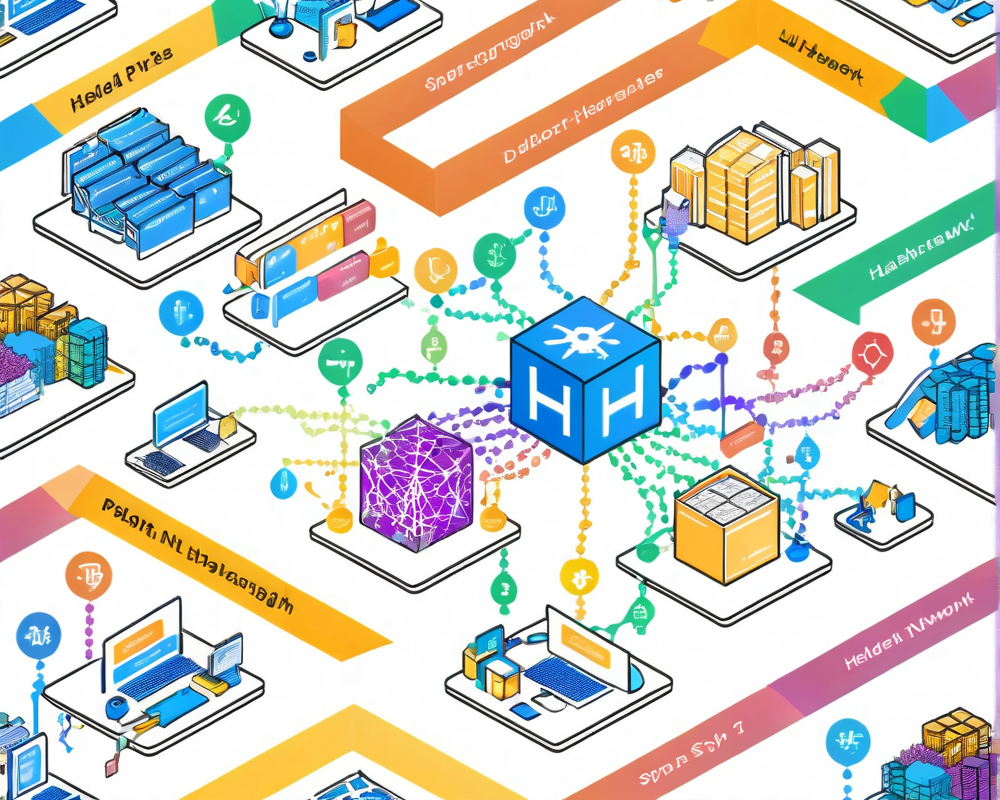A Collaborative Approach to Crypto Crime
The Philippines Securities and Exchange Commission (SEC) is making serious strides in the battle against crypto fraud by teaming up with its U.S. counterpart and the Asian Development Bank. This alliance is like the Avengers for financial law enforcement, uniting forces to tackle the villains lurking in the world of cryptocurrencies.
Training to Catch the Bad Guys
In a press release on September 15, it was highlighted that these three institutions conducted an intensive International Organization of Securities Commissions (IOSCO) training workshop in August. The goal? To enhance their skills in investigating and preventing crypto-related crimes. It’s all about getting the right tools to deal with the tricksters who think they can outsmart the system.
Strengthening Enforcement Capabilities
The SEC Philippines Chair, Emilio Aquino, stressed that the workshop was crucial for fortifying the enforcement team’s abilities to investigate various financial misdeeds, including insider trading, market manipulation, and the notorious crypto scams.
Chasing the Scammers
This isn’t just about cryptic coins and online wallets; it’s about safeguarding the hard-earned money of citizens. Over 11.6 million Filipinos are dabbling in digital assets, ranking the country 10th globally in crypto adoption. So, a strong front against fraud is essential!
New Legislation on the Horizon
In addition to the training efforts, the Philippine SEC signed the IOSCO Multilateral Memorandum of Understanding focused on combatting crypto crimes. They are also lobbying local lawmakers to craft new legislation that aligns with IOSCO standards. Think of it as a tailored suit; it just needs to fit the unique fabric of the country’s financial landscape.
A Mixed Bag for Crypto Regulations
Interestingly, the SEC had pushed back its regulatory framework for crypto assets, which was originally expected to roll out by late 2022. This delay might prompt users to sweat a little, but Aquino reassures the public, stating, “We haven’t closed the door. We really just have to make sure people don’t get burned.” Here’s hoping that caution doesn’t lead to missed opportunities!
The Reality of Crypto in the Philippines
Despite precautions, crypto remains a hot topic in the Philippines. The central bank and SEC have gone as far as warning locals against engaging with foreign crypto exchanges. Just earlier this year, Gemini Derivatives was labeled as an unregistered security product, highlighting the cautious approach of regulators. Yet, with a nation so ripe with crypto enthusiasts, the interplay between regulation and innovation will be one to watch in the coming years.




